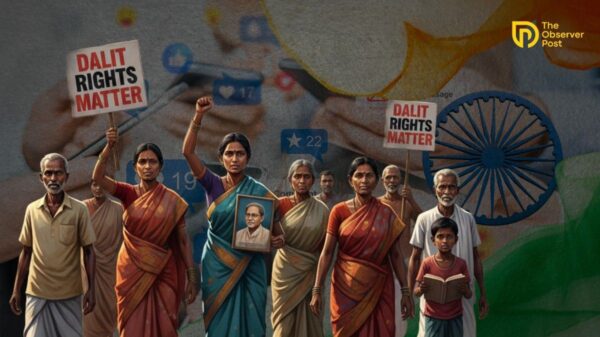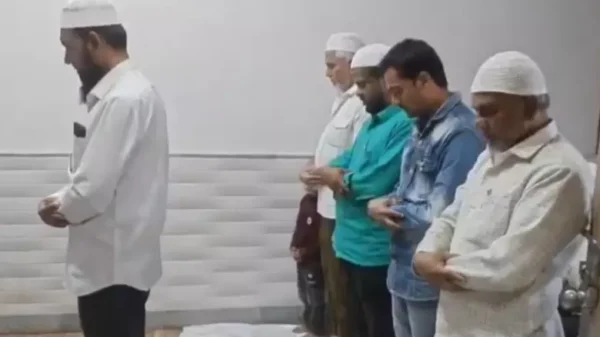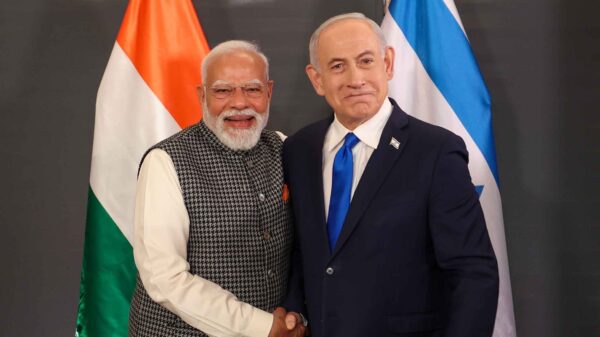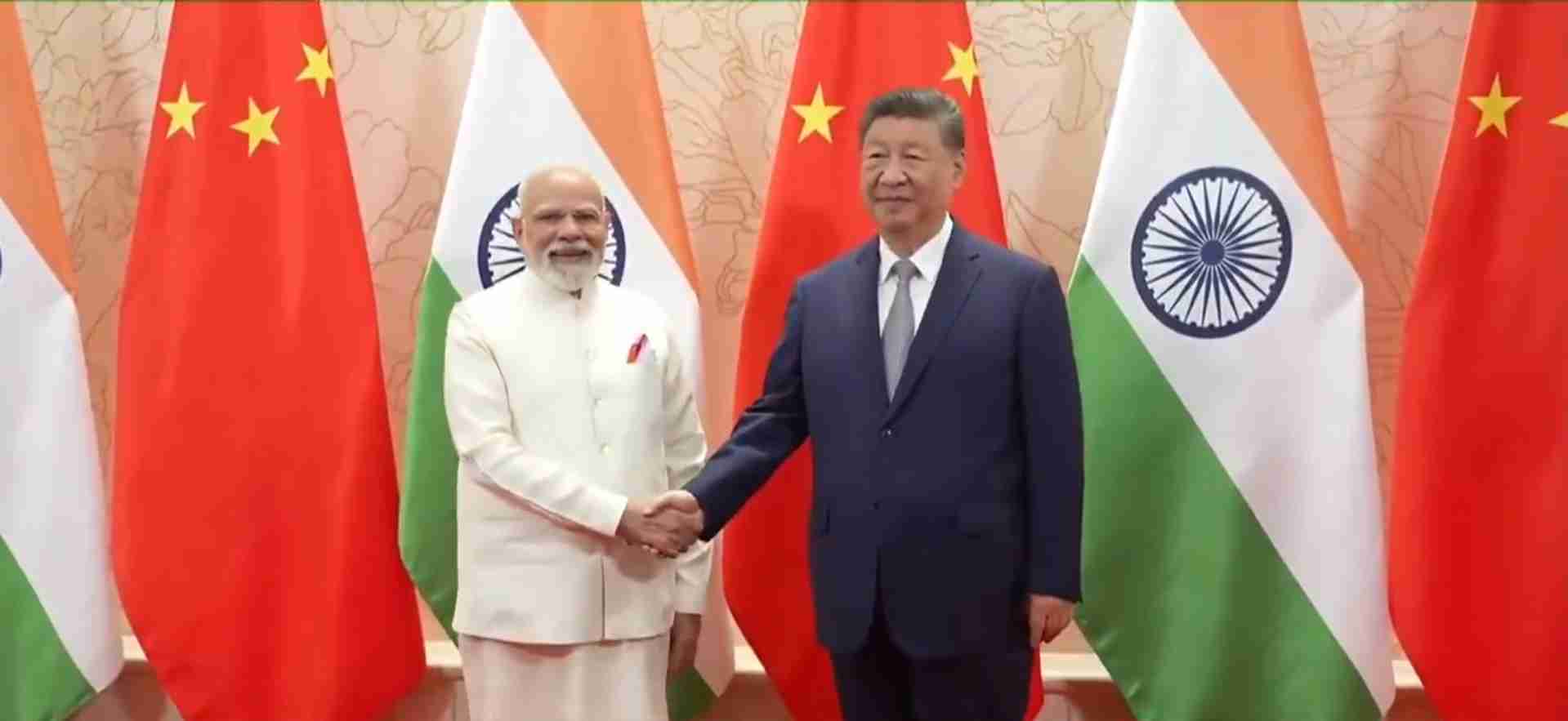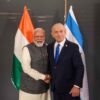Prime Minister Narendra Modi on Sunday held bilateral talks with Chinese President Xi Jinping during his first visit to China in seven years, in a meeting that comes against the backdrop of steep US tariffs which have pushed New Delhi and Beijing closer.
The two leaders met for about an hour on the sidelines of the Shanghai Cooperation Organisation (SCO) summit in Tianjin, a day after Mr. Modi arrived in China. The summit is being attended by Russian President Vladimir Putin and several other global leaders.
According to NDTV, Modi told Xi Jinping that the interests of nearly 2.8 billion people are linked to India-China cooperation. “This will also pave the way for the welfare of the entire humanity. We are committed to taking our relations forward on the basis of mutual trust, respect, and sensitivity,” he said.
This was the Prime Minister’s first meeting with the Chinese President in about 10 months, the last being in Kazan during the BRICS summit. Recalling that interaction, Modi said their “fruitful discussions” had given a positive direction to bilateral ties.
The talks mark another step in the thaw between India and China since the 2020 Galwan clashes. Modi noted that “after the disengagement on the border, an atmosphere of peace and stability has been created,” and pointed to recent agreements on border management, the resumption of the Kailash Mansarovar Yatra, and plans to restart direct flights between the two countries.
The meeting also carries wider geopolitical weight, as it comes amid strained ties between India and the US after President Donald Trump imposed 50 per cent tariffs on Indian exports, including a 25 per cent penalty on Russian oil purchases. Analysts have warned that the tariffs could push India closer to both China and Russia, undermining years of American efforts to strengthen ties with New Delhi.
Einar Tangen, Senior Fellow at the Taihe Institute, told NDTV that the Modi-Xi meeting is not just about bilateral ties. “At this juncture, India has an opportunity. We are at a time when bullying is striding the world stage, literally trying to take everyone’s lunch money for no apparent reason. India can stand up to it. India has been the balancing power both at SCO and BRICS,” he said.
Before arriving in Tianjin, Modi emphasised that stable and predictable India-China relations would positively impact regional and global peace. “Amicable bilateral relations between India and China are crucial for a multi-polar Asia and world,” he told Japanese media during his visit to Japan earlier this week.
His China trip comes less than two weeks after Chinese Foreign Minister Wang Yi’s visit to India, where he held talks with Foreign Minister S. Jaishankar, National Security Advisor Ajit Doval, and also met Modi in New Delhi. The visit was seen as a key step in the rapid normalisation of India-China ties.






